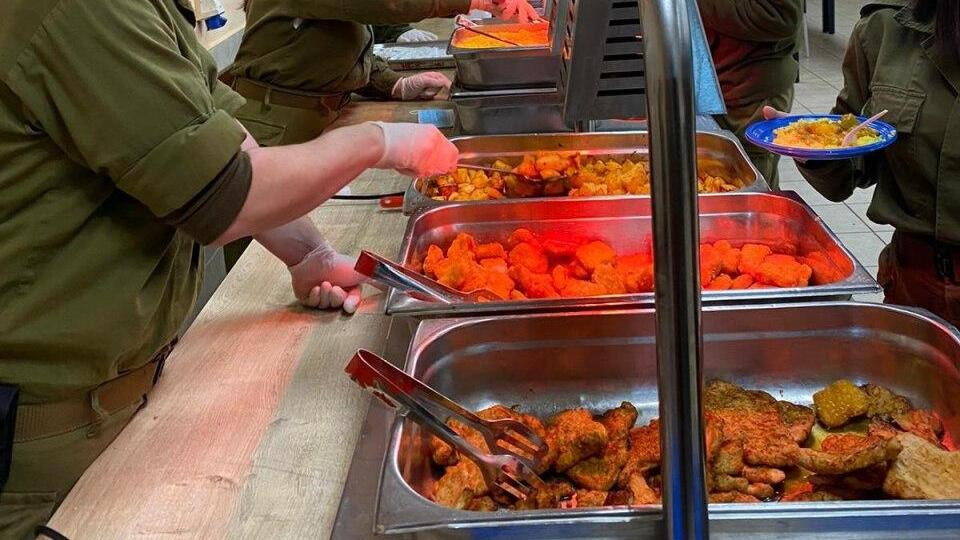
Big eyes, small stomach: Food waste in Israel
Climate Change . Food . Health“An army marches on its stomach” said Napoleon. Moreover, back in 1800 Napoleon tried to find a cheap and effective way to preserve food for soldiers on military missions. If Napoleon lived today, and saw the waste of food in the Israeli army, he might have died a second time. This time, out of shame.
About 150,000 soldiers serve in the IDF (Israeli defense forces), who receive 3 meals a day as part of their service. The IDF spends about 1 billion NIS catering and providing food for all these soldiers every year. A third of this amount is wasted when the IDF throws food away. Sadly, throwing food in Israel has become well-known. According to reports, each year, about 2.5 million tons of food worth about NIS 20 billion are thrown away, with a large part coming from the army.

In October 2020, a video was published on Twitter, showing the military dining hall at one of the IDF bases. The time is 08:30 AM. The soldiers who were supposed to arrive for breakfast were a little late. The result – the cooks and kitchenstaff threw away all the food. The video became viral instantly and caused a big buzz online. The last decade has brought with it a great awareness of the environment we live in and the importance of preserving it over time. It came to the IDF as well. In the last years, the IDF has decided to make a number of changes that will help cooks use exactly the amount of food they need. By doing this, they’ll be able to save food and avoid throwing it away. Although these measures were in place, the published video still showed the reality of what goes on there. The IDF’s response was that “despite the efforts, the army’s size as an organization and the number of servants under it will still result in leftovers and a large amount of food on food trays after each meal… It is the goal of the IDF to continue to optimize the process to reduce food waste to the greatest extent possible.”
Big numbers
The IDF is indeed a central organization in Israeli society, which takes a large share of responsibility for food waste. However, it is not alone. A report from 2020 showed that the organizations that throw away food in large quantities are hotels, restaurants, the police, schools and at the top of the table are wedding halls that throw away food worth 1.17 billion NIS per year. Israel throws away food valued at NIS 21.3 billion. This astronomical amount can be translated into approximately 2.5 billion meals that could have been saved.
Beyond meals and money, it is also important to mention environmental aspects. Israel throws away 2.6 million tons of food each year. Half of that weight is still usable.
״Leket״ organization is one of the main players in the field of food rescue. The organization saves surplus food and functions as a “food bank” which tries to prevent food waste. The process is simple – the organization collects leftover prepared food or surplus agricultural produce, sorts the food and distributes it to and delivers it to those in need through partner nonprofit organizations. In doing so, “Leket’s” work is doubled- Preventing food waste while helping peoplemaintain nutritional security.
Why save food, you ask?
This question has several answers.
The first answer is from an economic perspective. Preserving food is a profitable and much cheaper option than producing new food. Beyond that, it is an environmental matter. Saving food affects and reduces pollutants emissions and helps preserve land and water resources. The third advantage is social advantage. Organizations such as “Leket”, which deliver meals from “leftover” food to those in need, help reduce social gaps and prevent food insecurity for the lower classes of the population.
And for a sweet finish, i would like to qoute Annie Leonard-
“There is no such thing as ‘away.’ When we throw anything away, it must go somewhere”.
